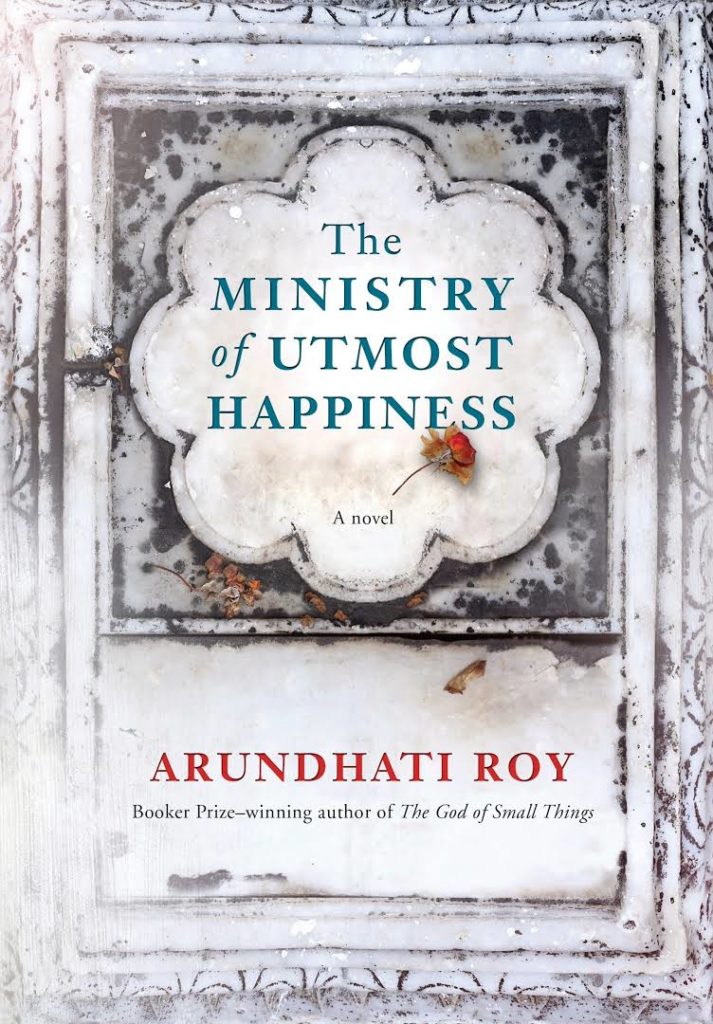
My review of Arundhati Roy’s novel The Ministry of Utmost Happiness in Bookforum:
On the morning of June 9, 2012, Avtar Singh called 911 in Selma, California, to say that he had killed his family and was about to turn the gun on himself. When the police reached his house, they sent in a robot equipped with a camera. The feed from the robot showed Singh lying dead in the living room. His wife and two sons were also dead; a third son, the eldest, was still breathing, but he died from his wounds five days later. Each person had been shot in the head.
Singh owned a small transport business; he himself drove a truck. But a decade and a half earlier, he had been an officer in the Rashtriya Rifles unit of the Indian army. Major Avtar Singh was in charge of an army camp in war-torn Kashmir, the mountainous region where the Indian army has attempted to quell, often with disturbing brutality, an armed insurrection and calls for democracy. In April 1997, a police investigation had determined that Singh was guilty of abducting and killing a Kashmiri human-rights lawyer, Jalil Andrabi, whose body had been fished out of the Jhelum River. The corpse had torture marks on it—both eyes had been gouged out—and a bullet wound in the head.
Avtar Singh was never arrested for his alleged crimes in Kashmir, and, despite court orders instructing that his passport be impounded, he was able to leave India for Canada and from there reach the United States. In California, during the year prior to the murder-suicide, Singh’s wife called 911 to report her husband’s domestic violence. The incident drew attention to Singh, and journalists in India were soon back on the case. At the time he killed himself, he was facing extradition proceedings.
This is one of several news stories that find elaborate fictional form in Arundhati Roy’s new novel, The Ministry of Utmost Happiness.